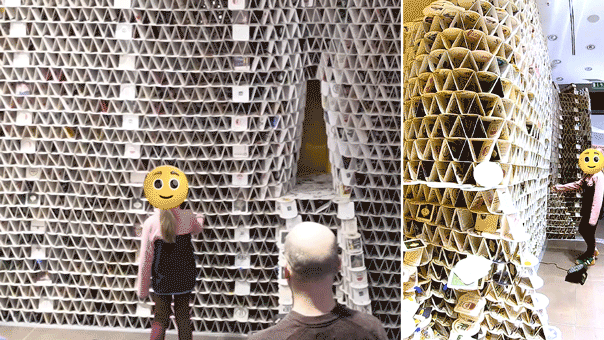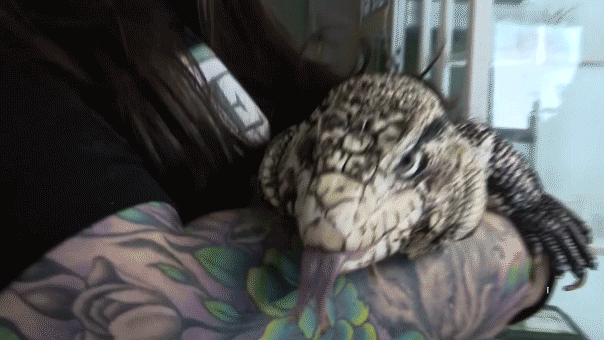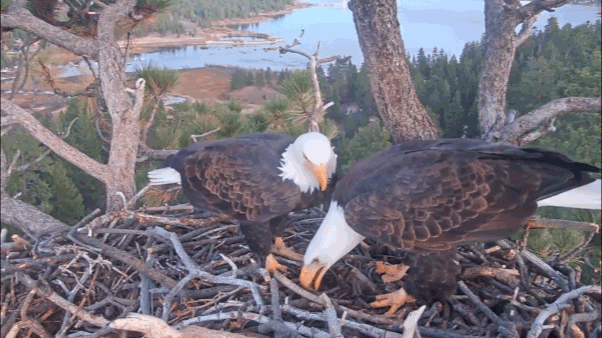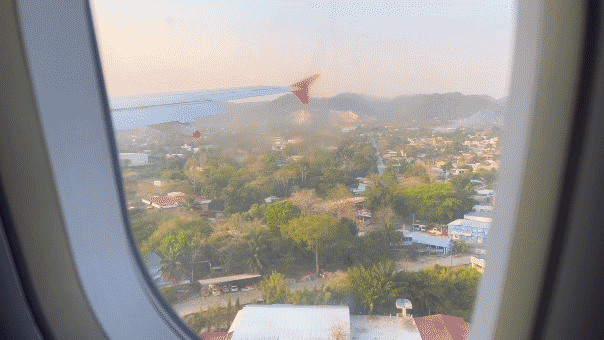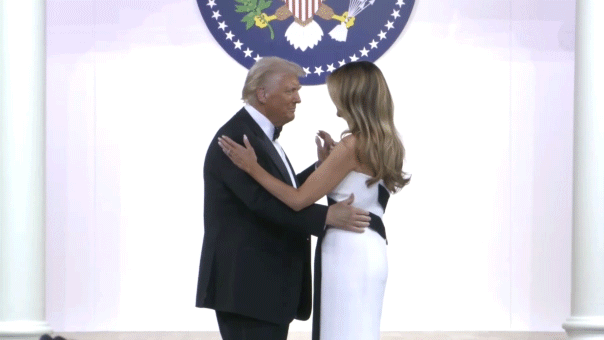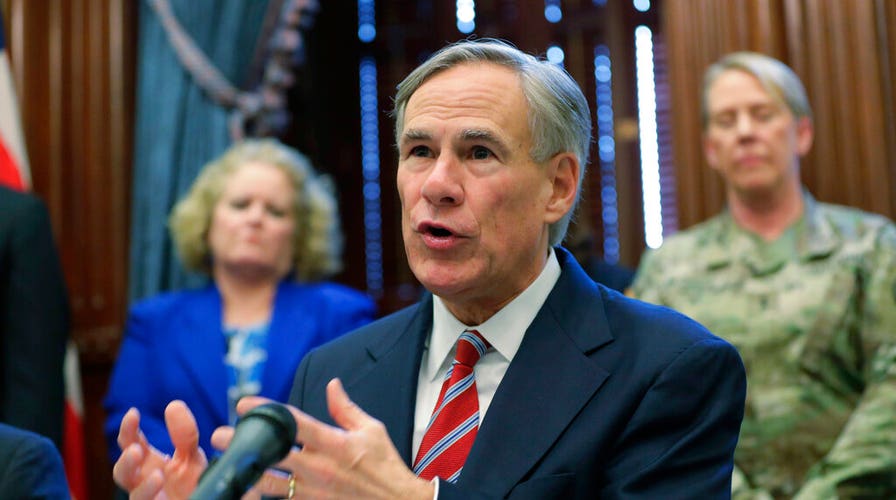Fox News Flash top headlines for May 19
Fox News Flash top headlines are here. Check out what's clicking on Foxnews.com.
Many of Texas’ bars, bowling alleys and some other attractions can begin reopening Friday after shutting their doors in an effort to slow the spread of the novel coronavirus.
Gov. Greg Abbott issued an executive order Monday outlining Phase II of the state’s plan to return to business following weeks of shutdowns.
But a handful of counties that the governor called COVID-19 hot spots cannot move into Phase II until May 29, Abbot said. Those include El Paso, Randall, Potter, Moore and Deaf Smith.
“Today, tomorrow and every day going forward is one step closer to medical discoveries that can treat and protect people from COVID-19,” Abbott said in a statement. “But until that day comes, our focus is keeping Texans safe while restoring their ability to get back to work, open their businesses, pay their bills, and put food on their tables.”
Bars, bowling alleys, bingo halls, skating rinks, aquariums and simulcast racing sites in most Texas counties can resume business on May 22. Equestrian events and rodeos can resume operations, and natural caverns can reopen, as well.
Restaurants can serve customers at 50 percent their normal occupancy. Bars, breweries, tasting rooms and similar businesses can reopen at 25 percent capacity.
GERMAN CAFE GIVES SWIMMING POOL NOODLE HATS TO DINERS TO ENSURE SOCIAL DISTANCING
There are exceptions for the occupancy rules in outdoor areas where customers can maintain safe distancing.
Other businesses and events, like summer camps and youth sports, can reopen on May 31. So can some professional sports, without in-person spectators.
CLICK HERE FOR THE FOX NEWS APP
In another aspect of the state’s reopening push, public schools can hold in-person summer classes, so long as they follow social distancing practices and other health protocols laid out by the Texas Department of State Health Services.
“I ask all Texans to continue heeding the guidance of our state and federal medical experts and do their part to protect public health,” Abbott said.
As of Tuesday morning, there were more than 1.5 million confirmed coronavirus cases in the U.S. and over 90,000 deaths, according to Johns Hopkins University.








